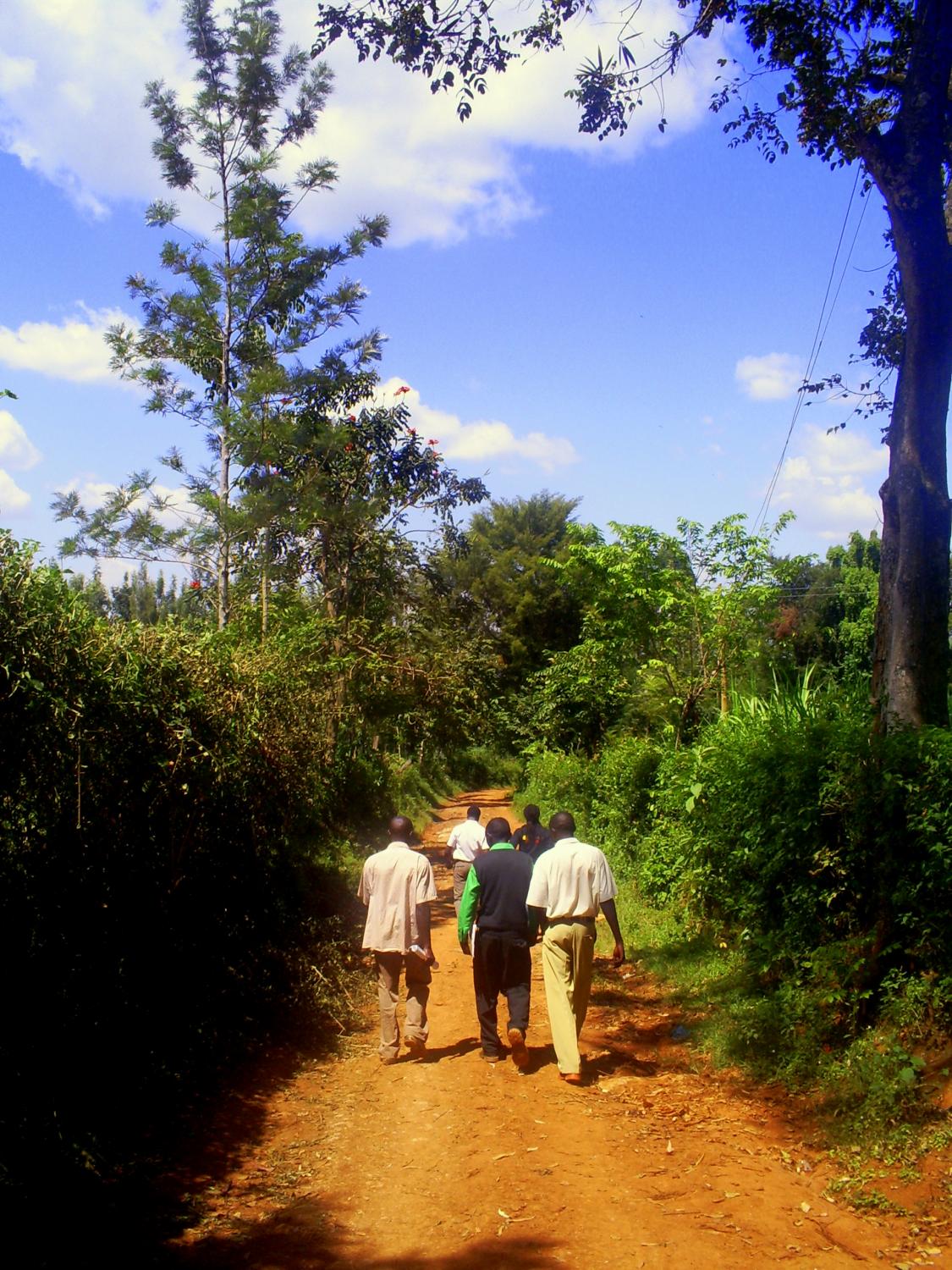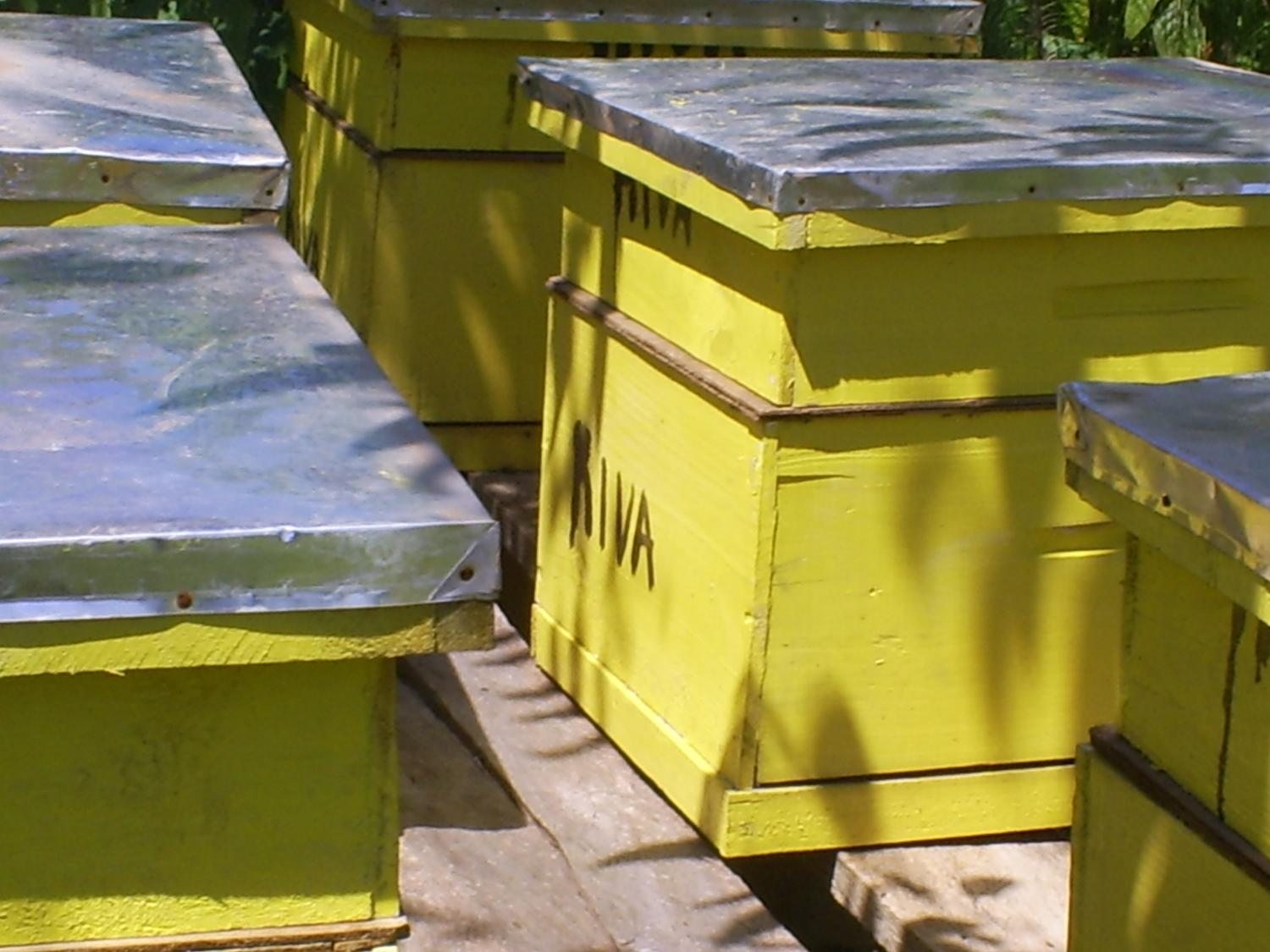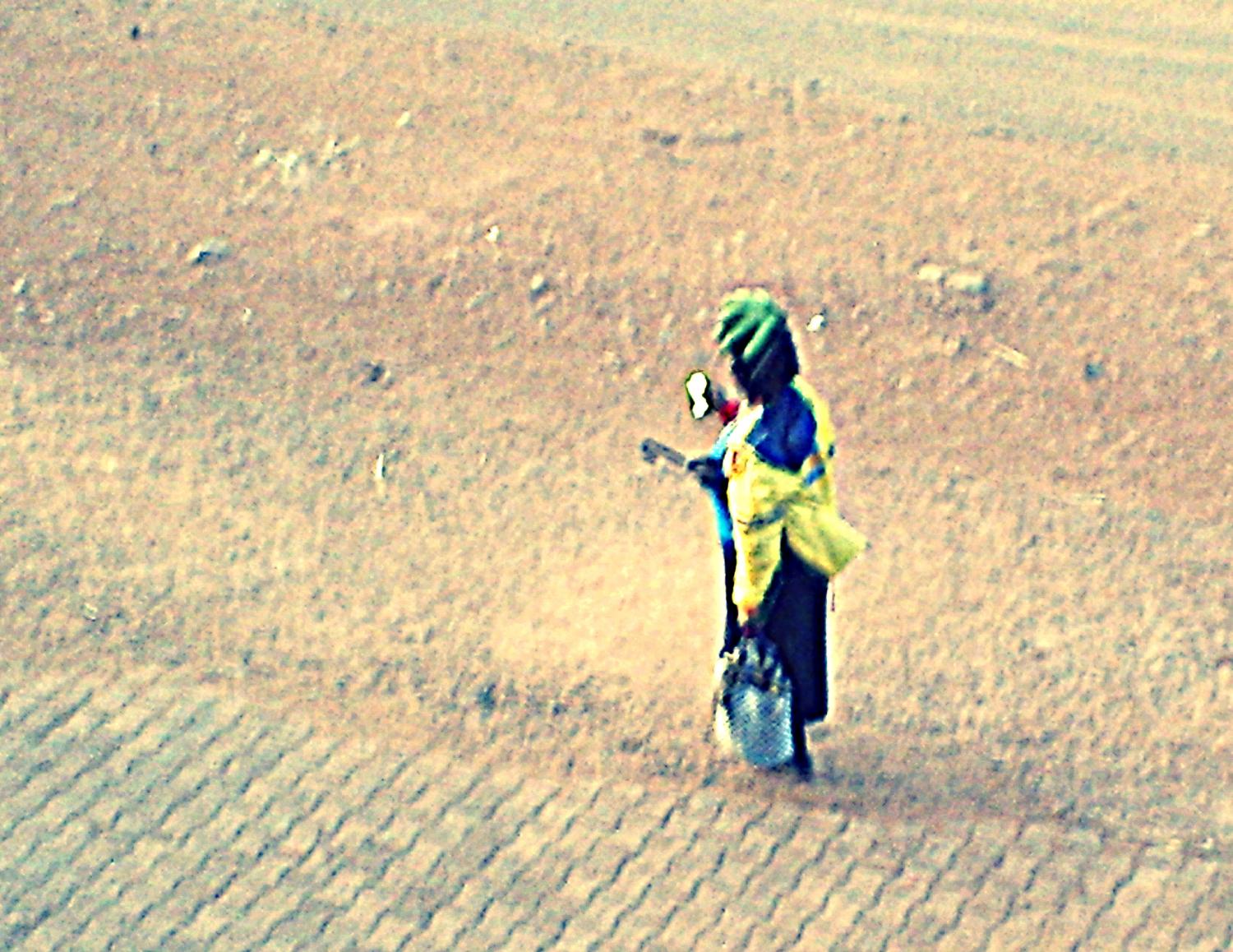Home • Microfinance • Article
Avoid These Dangerous Assumptions About Kiva Borrowers To Be A Better Lender
October 26, 2013
Before I became a Kiva Fellow I was only an occassional lender with some dangerous assumptions about Kiva borrowers. These assumptions perpetuated my ignorance of borrower's creativity and business prowess. More importantly, they limited me from increasing my lending portfolio and thus limiting my impact on people's lives.
It has taken me 2 months in Kenya to appreciate how savvy and creative Kenyan borrowers can be with their Kiva capital. Please learn from my ignorance. Become a better lender and avoid the following assumptions:
-
"Borrowers who use their expected profits from a loan to pay for school fees aren't making a good investment decision."
I thought I knew better and preferred borrowers who were "smarter" businessmen/women and dreamed of reinvesting in their business. Yet, after learning the obstacles to quality education many Kenyans face in several conversations, a paradigm shifting video (especially @ 2:30), and alarming stats on secondary school enrollment rates I realize that school fees are probably one of the smartest investments a parent can make, especially in Kenya.
A quality education is expensive and potentially life changing for an entire family if a child can get a higher paying job.
 Some farmers in Kakamega see bee hives as a tool to combat deforestation of their lush homeland.
Some farmers in Kakamega see bee hives as a tool to combat deforestation of their lush homeland.-
"Some borrowers aren't creative with the businesses they run. Why aren't more borrowers investing in 'innovative' businesses?"
I thought poultry and bee hives couldn't possibly be innovative. Yet my western perspective blinded me from knowing that quail eggs are a lucrative product here in Kenya. I met a Kiva applicant who taught me that quail eggs could give him three times the profit a regular chicken egg could and there are limited suppliers of them. ...
 A Honey Care bee hive that was financed by Kiva lenders!
A Honey Care bee hive that was financed by Kiva lenders! ...I also met Alfonce, a farmer in the Kakamega forest who plans to use his Honey Care bee hives, financed by Kiva lenders, to generate income and also as a tree conservation tool. The manmade bee hives require trees to regulate their temperature. While I saw a one dimentional product, Alfonce saw an innovative dual purpose. He sees the bee hive business as an incentive for his community to stop deforestation and instead generate income by hosting bee hives to sell honey!
 Memorable African Moment: A woman walking home in Kakamega carrying a bag, umbrella under her arm, plantains on her head, and....a smartphone in hand.
Memorable African Moment: A woman walking home in Kakamega carrying a bag, umbrella under her arm, plantains on her head, and....a smartphone in hand.The gravest assumption to avoid...
-
"Borrowers don't seem to take risks and appear to invest in products that won't produce enough meaningful income."
After about 2 months in Kenya, I have a better understanding of the context in which borrowers find themselves in. Borrowers are aware of what products and services are in demand. As the woman picured above illustrates, they also are resourceful and make the most of any resources available to them.
Become a better lender by putting your assumptions aside and make a loan to startups, underbanked populations, or any hard working Kenyan!
PREVIOUS ARTICLE
Where have all the USD$1 coins gone? To Ecuador! →NEXT ARTICLE
Bishkek, Kyrgyzstan – A Day in the Life of a Kiva Fellow →













